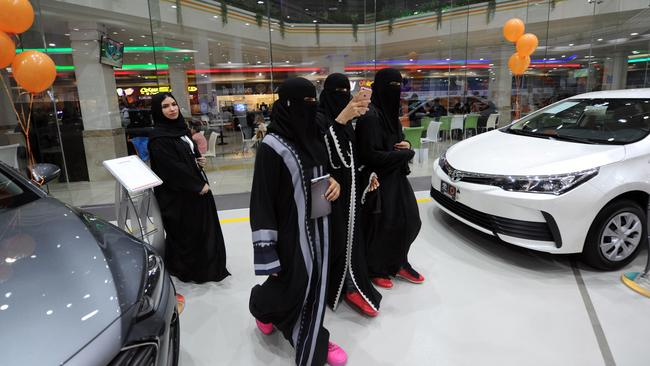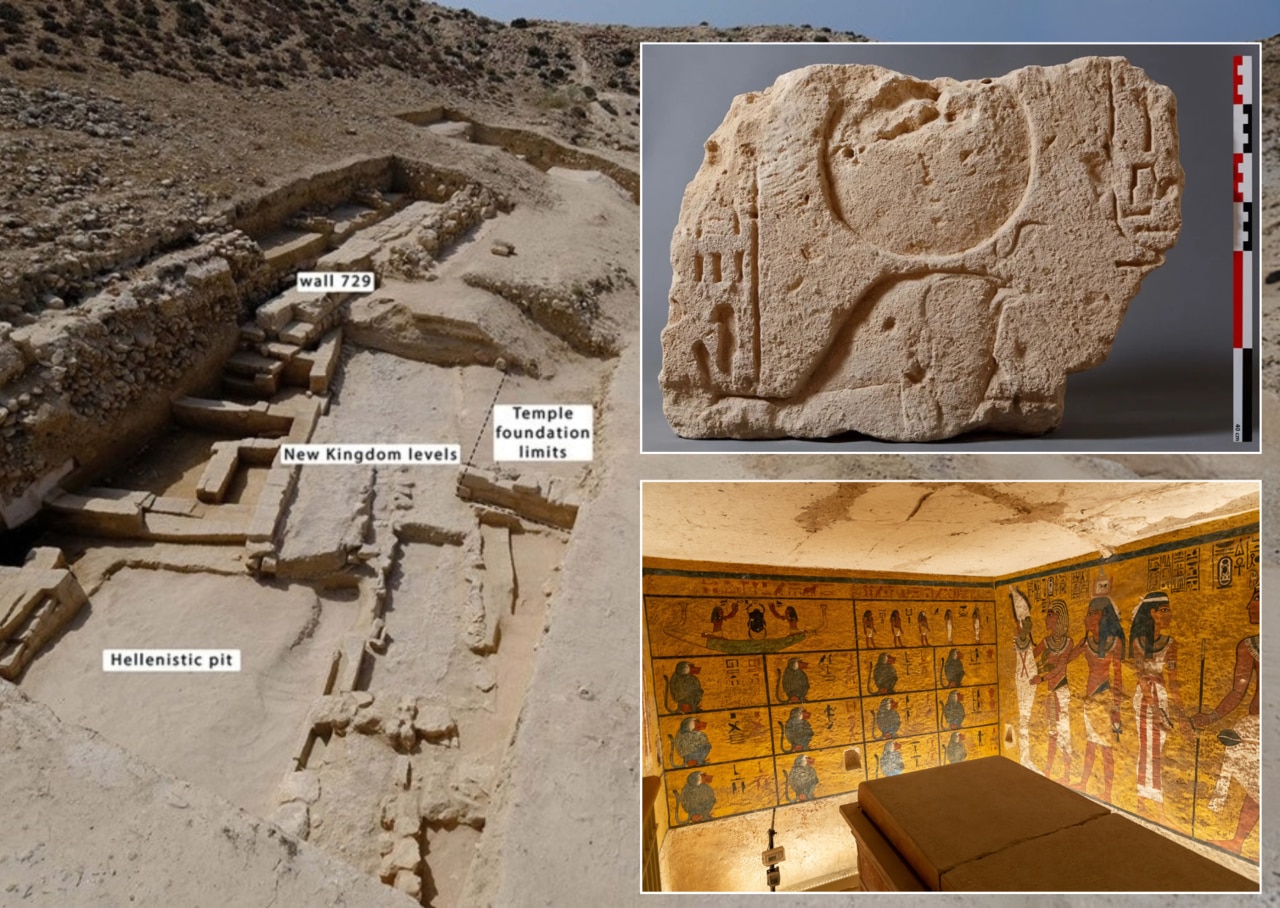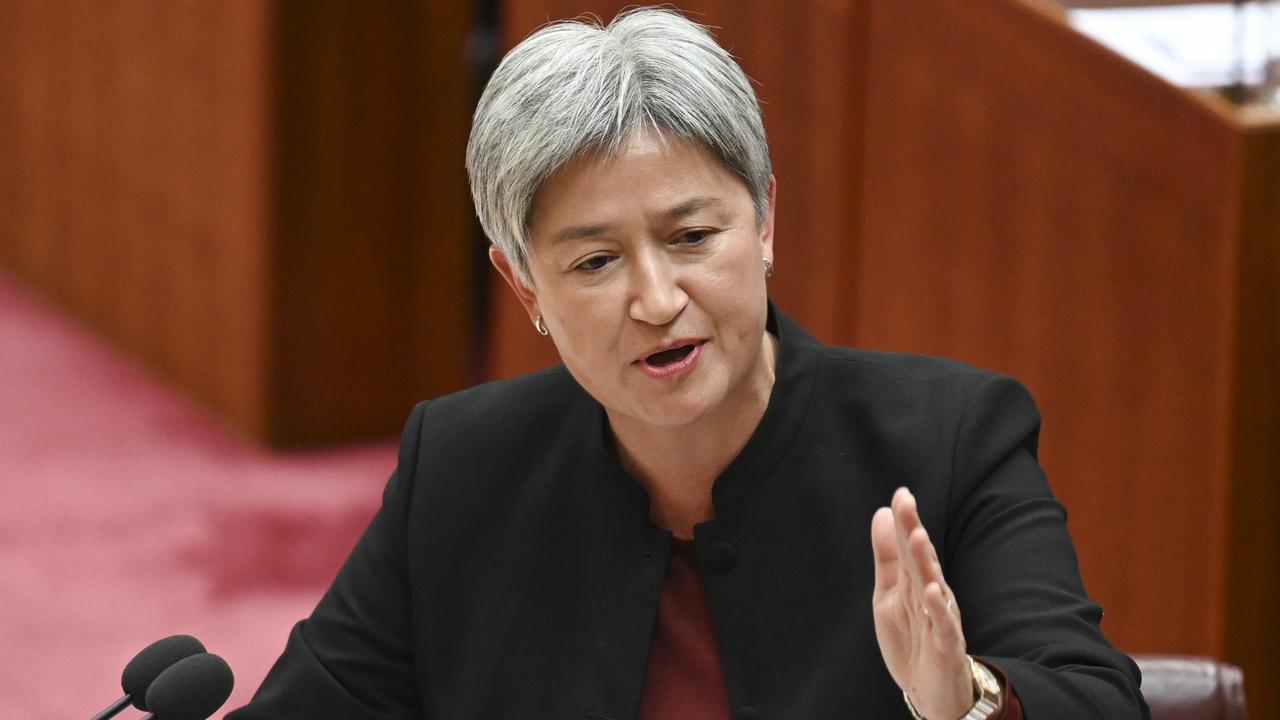The truth behind the changing fate of women in Saudi Arabia
FOR women, the Saudi regime is loosening its grip. They can attend sport matches. Soon they’ll be able to drive. Here’s why the sands are shifting.
FOR years, female Saudi sports fans could only cheer their team from the comfort of their lounge room.
On January 12, that changed. About 300 Saudi women for the first time were allowed to join the throng at Jeddah’s Pearl Stadium to cheer Saudi Premier League football team Al-Ahli from the stands.
It was the most visible step to date of the ultraconservative kingdom easing rules which have separated the sexes for decades.
It wasn’t all unicorns and rainbows.
The women, clad in traditional black abaya robes, entered through a special gate.
Men filed through a different entrance. Inside, women sat in a “family” area reserved for females who had come alone, or were with male relatives. Glass panels separated the men-only sections from the family sections.
But it was a sign of the shifting sands in Saudi, which is finally freeing women from some of the many confines they’ve been subjected to.
In 2011, activist Manal al-Sharif was jailed for daring to drive. Her crime, written right there on the charge sheet: “driving while female”.
This year, as part of reforms led by Saudi Crown Prince Mohammed bin Salman, authorities will lift the driving ban on women.
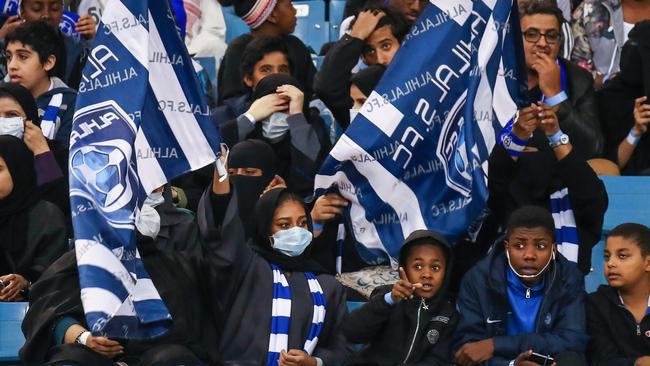
Being allowed to get behind the wheel is a powerful symbol of independence and freedom in a country in which “guardianship” rules dictate much of women’s lives. They need permission from a male family member to travel, study, work, marry (a guardian-approved spouse) and perform a myriad of other things western women take for granted.
LIFTING THE VEIL
The man driving the change isn’t all sweetness, light and equal opportunity feminist.
But Crown Prince Mohammed bin Salman — next in line to the throne occupied by his father, King Salman — is young, savvy and ambitious.
When King Salman came to the throne in 2015, his favourite son was basically empowered to shake up the kingdom.
Since then he has moved rivals out of the way, become Crown Prince, and is now in effect running the country.
This isn’t about soccer and soccer mums driving their kids to sport.
The Crown Prince wants to transform Saudi into a modern state via a raft of reforms aimed at securing Saudi’s economic future, marketing it more palatably to the western world, and at the same time, sealing his succession, says Middle East specialist, former Saudi diplomat and Deputy Director and Research Director of the Lowy Institute, Anthony Bubalo.
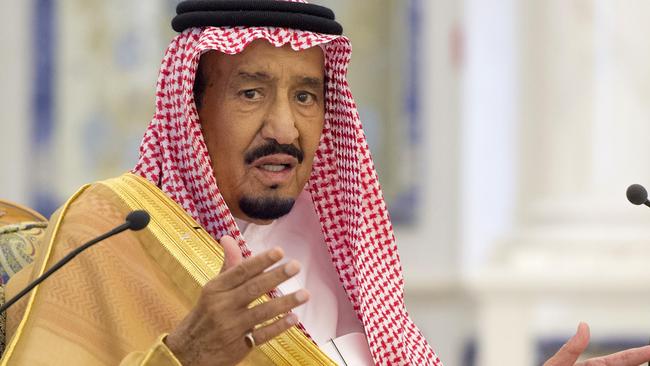
“He thinks the kingdom needs to change quickly. He knows Saudis aren’t going to be able to rely economically on the huge incomes they once earned from oil,” says Bubalo.
“Oil continues to be an enormous source of income, but the general view is prices won’t return to the heady days a decade ago of $100 a barrel.
““He’s wants to modernise what’s been a conservative country. He knows, too that most of the Saudi population is under the age of 29 and they are getting impatient with the pace of change.”
THE MAN WITH THE PLAN
The Crown Prince’s “blueprint” is his “Vision 2030” plan.
Easing social controls in a kingdom which has long had some of the world’s tightest restrictions to keep the sexes apart is part of his hope to reshape and resell Saudi, which until now has adhered to a form of Sunni Islam which bans gender mixing, concerts and cinemas.
He says Saudi will move to a more open and tolerant interpretation of Islam, and reforms have begun in areas once the exclusive domain of the clergy including education and the courts.
“One of the key economic elements is he wants Saudi to become a global investment powerhouse,” says Bubalo
He plans to sell off some of the state-owned oil company giant Aramco, and tip the money from that into a fund to invest around the world.
“He’s also pushing to increase size of private sector, and undertaking social reforms — not just in respect to women but also in relation to some of the strict religious strictures in place,” says Bubalo.
The motivation?
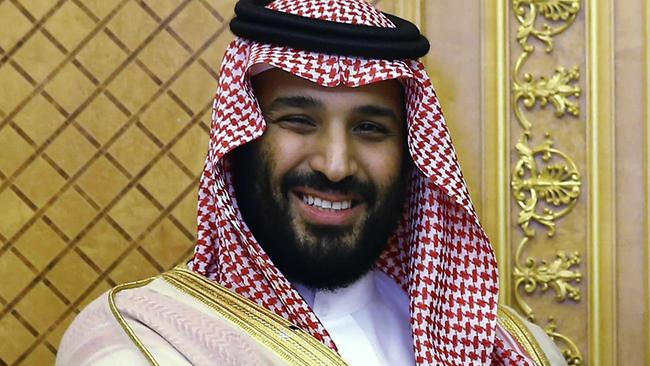
“Partly, against the background of the Arab uprisings (protests against the repression of free speech, human rights abuses, economic mismanagement, corruption and stifling of political dissent elsewhere in the region), Saudis are acutely aware that they don’t want those sort of protests in their country,” says Bubalo.
The Crown Prince isn’t beyond shoring up his future in more brutal ways.
“He portrays himself as the young, modern reformer, but there are dark sides to him as well,” says Bubalo.
Late last year he was behind a Game of Thrones-style purge billed as an “anti-corruption” campaign which rounded up dozens of members of Saudi Arabia’s political and business elite — among them 11 members of the his own royal family, ministers and wealthy tycoons — and detained them with accusations including taking bribes.
King Salman said the purge was in response to “exploitation by some of the weak souls who have put their own interests above the public interest, in order to, illicitly, accrue money.” Insiders said it was a way to clear out the kingdom’s opponents, critics and political enemies.
Government backers rejected that.
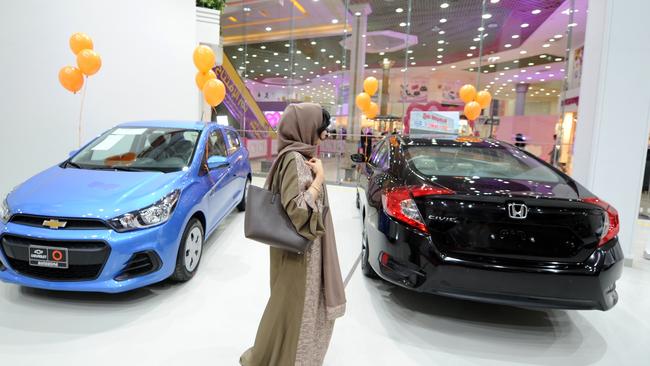
WHERE WOMEN FIT I N
Saudi women are crucial to the reforms.
First, it’s a marketing ploy: the Crown Prince is acutely conscious of Saudi’s negative image internationally, and knows lifting restrictions on women will change it.
Second, Bubalo says, the work of female Saudi activists can no longer be ignored.
“We have to give credit to the many women who have pushed for change to the status and rights of women to lift restrictions of male guardianship, the right to vote, to work and many other things,” he said.
“They’ve campaigned heavily, some have sacrificed heavily, and they’ve continued to push.”
They’ve had success on social media — “the Saudis are witty producers on YouTube”, Bubalo observes.
One video, titled Hwages, showcases Saudi women, black niqabs covering their hair and faces, skateboarding, cruising on scooters, shooting hoops at basketball, dancing and parading in the streets in vibrant outfits, as Saudi men shake their fingers in disapproval.
A catchy tune contains controversial lyrics which roughly translate to “May all men sink into oblivion” and “If only God would rid us of men”.
It took the country by storm.
Bulabo says lifting the restrictions on Saudi women makes economic sense.
“Women do work in Saudi Arabia, in fairly limited fields, but to increase productivity and the size of the private sector and tap into a bigger skills base, you have to get women — who are largely highly educated in Saudi — into the workforce,” he said.
“There are a couple of things that stop them currently. One thing is male guardianship. And it’s hard to get to work if you can’t drive to your job.”
“Saudis have long enjoyed a pretty generous social welfare stat, but the kingdom is now starting to remove some of the things the state once provided.
“If women can work it will in some cases double family incomes.”
THE FUTURE
There are also criticisms about how fast the Crown Prince is trying to move.
“The episode where he locked up those people last year — those kind of moves will provoke resistance and discontent and perhaps challenges in the future. There are question marks over his economic reform plans,” Bubalo says.
For now,the soccer matches continue. The driving ban is expected to lift around June.
The jobs, it’s hoped, will follow.
But already images of women “tyre-kicking” in new car showrooms (built for women and staffed by women) are in circulation. A car show form women only has been held.
Uber is apparently recruiting its first female drivers in Saudi Arabia — those women obtained their licence overseas. Car companies are planning learn-to-drive courses for females.
An end to segregation will take “a lot longer to change”.
“The interesting question is when this will all happen, and what happens when it does,”, says Bubalo.
“It’s being welcomed by women. On the other hand, there are many fears, including that women drivers on the road might be attacked.”
For the record, Al Ahli won that historic first soccer match, 5-0.
Saudi women, too, are counting every small victory.
